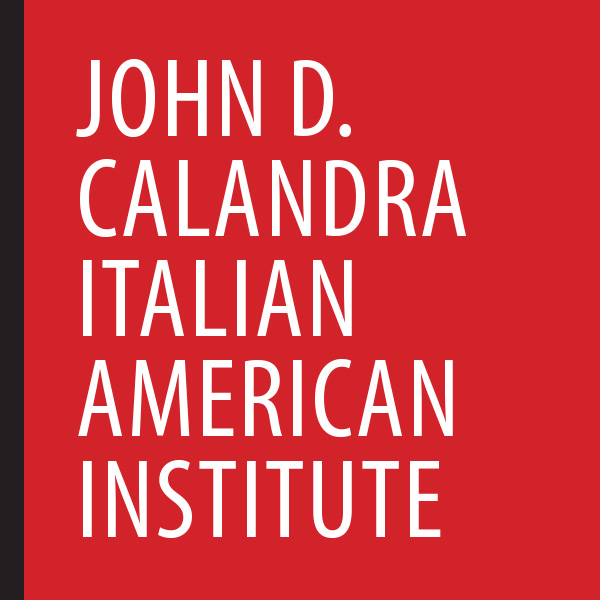
Book Presentation: The Usefulness of the Useless, by Nuccio Ordine
Ordine has divided his treatise into three parts; in part one (The Useful Uselessness of Literature) he draws on great philosophers and writers, from Plato to Tocqueville, Ovid to Calvino, to show how the obsession for riches and material goods is steadily destroying our memory of the past as well as art, literature, and culture itself. In the second part (The University as Company/The Student as Client) Ordine reveals the disastrous effect that the quest for profit has had on teaching and research in higher education. And part three (Possession Kills: Dignitas Hominis, Love, Truth) “gives voice directly to the classics” to show how possession and profit destroy fundamental values such as human dignity, love, and truth. As Ordine explains, “We need the useless the way we need our vital functions in order to live.”
Also included is Abraham Flexner’s little-known 1939 essay “The Usefulness of Useless Knowledge,” a brilliant defense of curiosity-driven research complete with numerous examples of how purely theoretical study has, time and again, come to form the basis for some of our greatest advances in science, medicine, and technology.
“A little masterpiece of originality a clarity.”—George Steiner
“A necessary book.”—Roberto Saviano
“A wonderful little book that will delight you.”—François Busnel
Nuccio Ordine is a professor of Italian Literature at the University of Calabria and one of the world’s leading experts on the Italian Renaissance and the philosopher Giordano Bruno. He has taught at Yale, New York University, the Sorbonne, the Ecole Normale Supérieure Paris, and the Warburg Institute London, among others. Professor Ordine has been named a Knight of the French Legion of Honour, a Knight Commander of the Republic of Italy, and given an honorary membership in the Russian Academy of Sciences. His books have been translated into twenty languages.
Abraham Flexner (1866–1959) was an educator and reformer whose work helped transform higher education throughout North America. He was the founding Director of the Institute for Advanced Study in Princeton, NJ, one of the world’s leading centers for intellectual inquiry and research.

Recent Comments